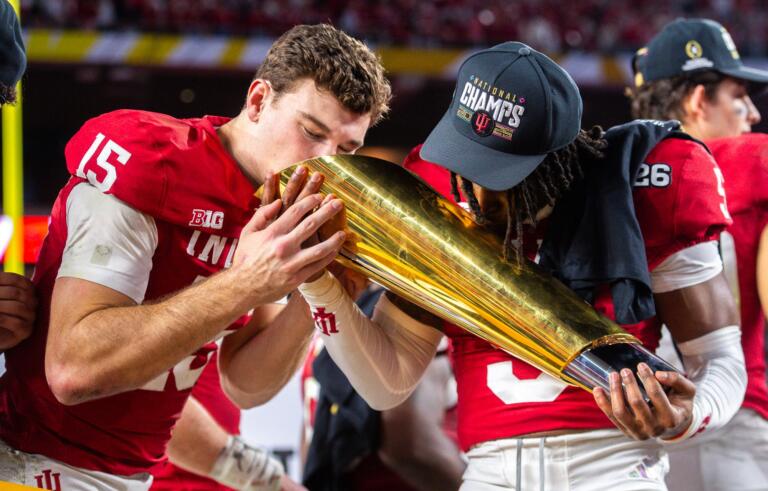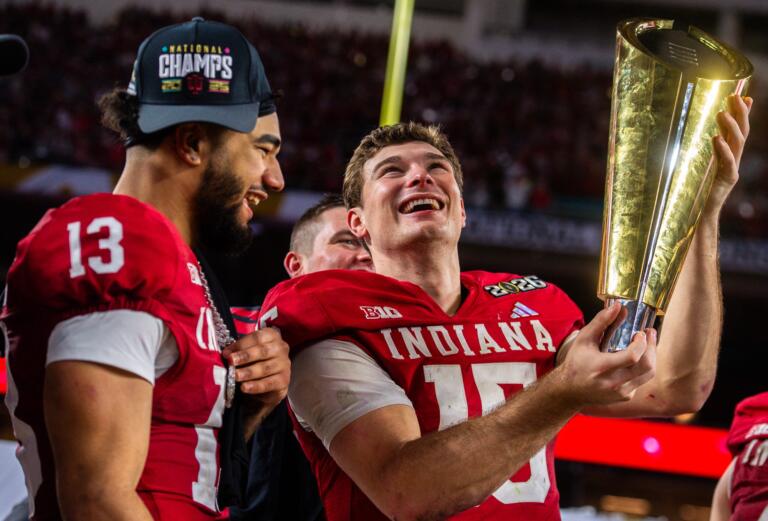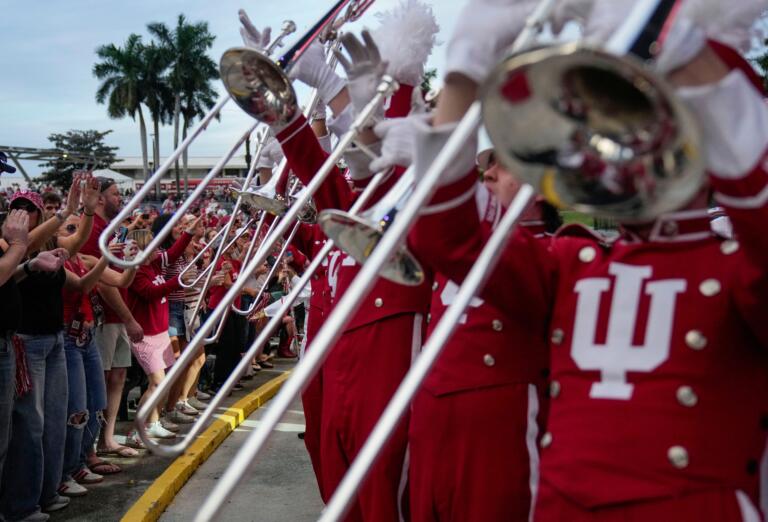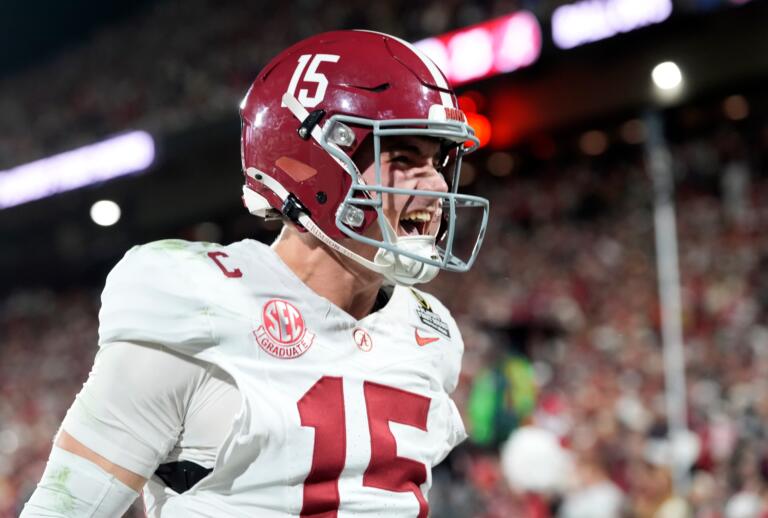Have you ever watched a football team play their hearts out all season, only to find their efforts seemingly disregarded? That’s precisely the scenario Florida State University (FSU) finds itself in after the College Football Playoff (CFP) selection committee’s recent decision. Despite an undefeated season and clinching the ACC Championship, FSU was left out of the CFP, trailing behind 12-1 SEC champion Alabama and 12-1 Big 12 champion Texas. This decision has not only shocked fans but also sparked a fiery response from former Seminoles head coach Jimbo Fisher.
FSU’s situation is akin to a marathon runner leading the race but being disqualified just before the finish line. The committee’s rationale hinged on the injury of star quarterback Jordan Travis, but does one player’s absence negate the efforts of an entire team? Fisher’s criticism highlights a fundamental question: what truly matters in sports – the actual performance on the field or the subjective ‘eye test’?
The controversy surrounding FSU’s exclusion is more than just a football issue; it’s a debate about fairness, merit, and the spirit of competition. The Seminoles were ranked #4 going into the conference championship week and even secured a convincing victory against a top-15 Louisville team without Travis. Yet, they fell to #5, a decision that seems to contradict the essence of sports – where outcomes are determined by performance, not speculation or narrative.
In conclusion, the debate over FSU’s exclusion from the CFP raises significant questions about the selection process and the criteria used to judge teams’ playoff worthiness. As FSU prepares to face Georgia in the Orange Bowl, their performance will be more than just about winning a game; it will be a statement, a chance to prove the committee wrong. It’s a scenario that leaves us pondering the true meaning of sportsmanship and the role of fairness in competitive sports.








